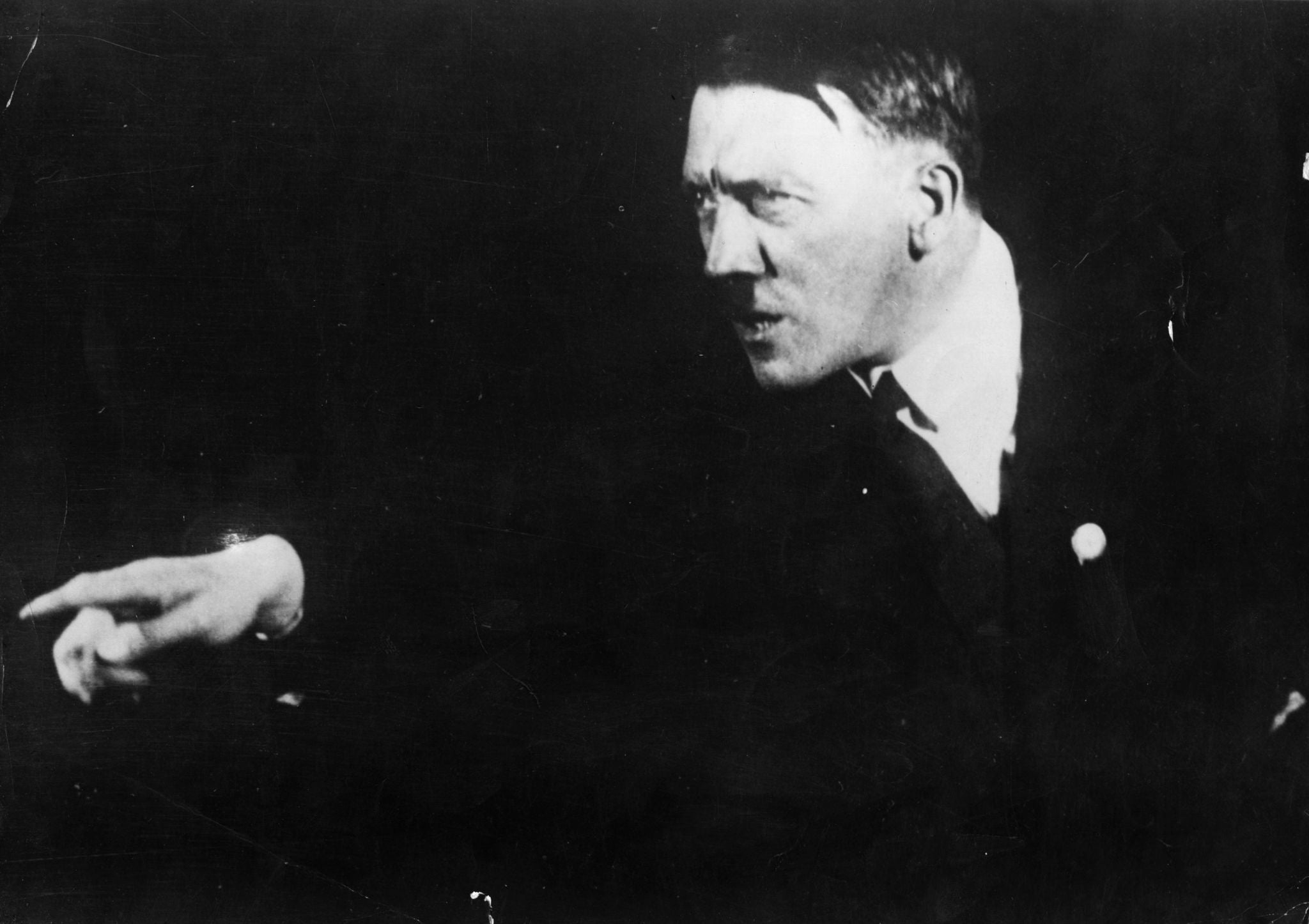Would you travel back in time to kill Hitler? Men are more likely to say yes to stop WW2, according to research
Scientists looked into the responses of 6,100 people to a range of moral quandaries to discover the difference in responses among men and women

Your support helps us to tell the story
From reproductive rights to climate change to Big Tech, The Independent is on the ground when the story is developing. Whether it's investigating the financials of Elon Musk's pro-Trump PAC or producing our latest documentary, 'The A Word', which shines a light on the American women fighting for reproductive rights, we know how important it is to parse out the facts from the messaging.
At such a critical moment in US history, we need reporters on the ground. Your donation allows us to keep sending journalists to speak to both sides of the story.
The Independent is trusted by Americans across the entire political spectrum. And unlike many other quality news outlets, we choose not to lock Americans out of our reporting and analysis with paywalls. We believe quality journalism should be available to everyone, paid for by those who can afford it.
Your support makes all the difference.It is a common ethical dilemma set by philosophy professors – is it right to kill someone to prevent further deaths?
According to scientists the answer differs depending on your gender, with women less likely to commit murder because they have a stronger aversion to harmful action.
Researchers from the US, Germany and Canada analysed data that asked 6,100 people a range moral questions, including whether they would kill a young Adolf Hitler to stop the Second World War.
While men and women both calculated the consequences of their decision and computed how many lives might be saved, females found it harder to commit murder and were more likely to let Hitler live.
Another scenario imagined a member of a group hiding from soldiers being handed a crying baby. Participants were asked whether they would smother the child to save the group or let it live and be caught.
A hypothetical situation that did not involve murder questioned whether a person would be willing to have their daughter carry out sex work, so they could buy food for the rest of their starving family.
The difference in female and male responses is caused by emotional aversion to killing among women, according to the study published in the Personality and Social Psychology Bulletin.
Rebecca Friesdorf, a graduate student at Wilfrid Laurier University in Canada who co-authored the report, analysed 40 data sets from previous studies to produce her findings.
“Women seem to be more likely to have this negative, emotional, gut-level reaction to causing harm to people in the dilemmas, to the one person, whereas men were less likely to express this strong emotional reaction to harm," she told NPR.
Those who choose short-term harm for long-term gain are termed utilitarians. While individuals who are unable to countenance breaking moral conventions, in order to secure a more favourable future outcome, are called deontologists.
Women were found to be significantly more likely to be deontologists and agonised over their decisions, but men were slightly more likely to be utilitarians and were able to make a choice more quickly.
Deontology, based on Immanuel Kant’s theory of ethics, argues that rules should be followed and actions are more important than the consequences.
Whereas utilitarianism, espoused by philosophers Jeremy Bentham and John Stuart Mill, holds that the moral choice is the one that maximises utility; therefore it would be considered moral to kill one person to save two or more lives.
Join our commenting forum
Join thought-provoking conversations, follow other Independent readers and see their replies
Comments